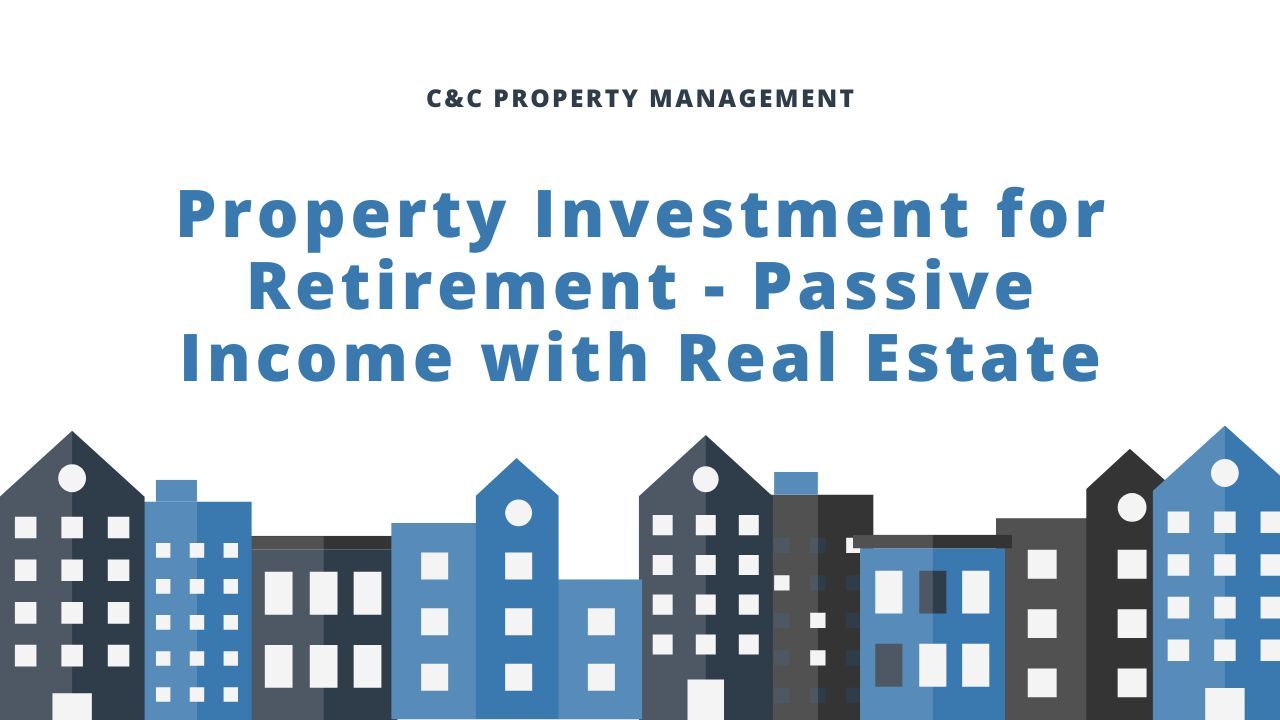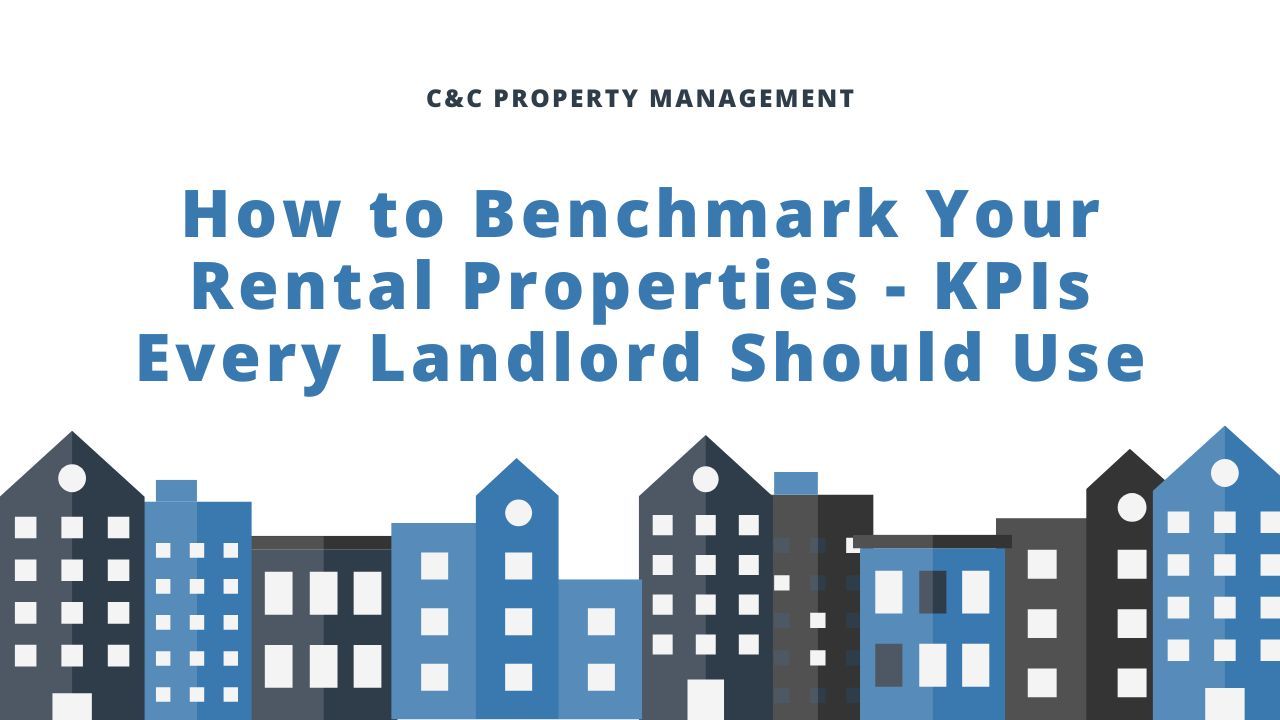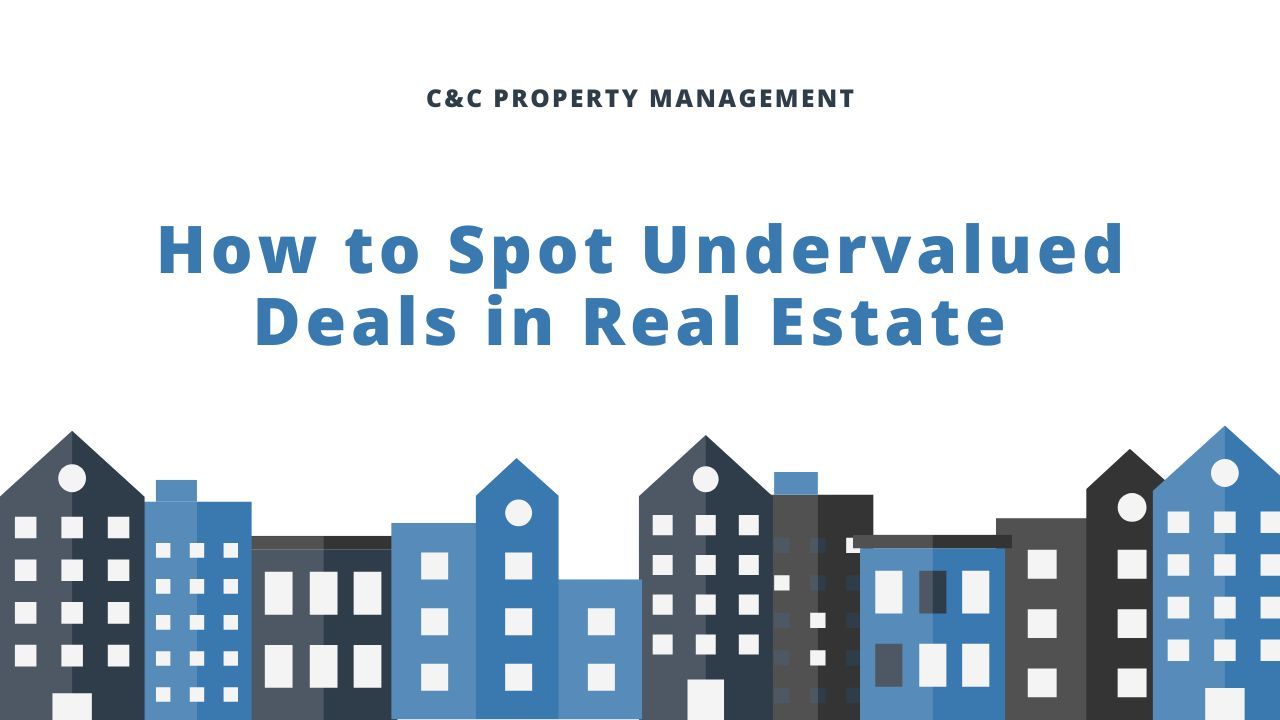Becoming a DIY Landlord? 9 Mistakes to Avoid
Being a landlord can sound easy. As a new landlord, you’d think it’s all about buying an investment property and renting it out in exchange for a recurring monthly income.
But renting out a property successfully entails much more! For starters, it requires one to have a business mindset. You need to do your due diligence and implement certain strategies for an overall good landlord experience.
If you decide to rent out your property by yourself, avoid the following 9 mistakes:
1. Not Screening Prospective Tenants
This can cost you big time!
Sure, having a vacancy isn’t ideal. After all, vacancies cost money. However, don’t make the mistake of rushing the leasing process with the hopes of starting to earn a monthly income.
You need to take time to check every prospective tenant’s credentials. No two tenants are ever created the same. Some are every landlord’s dream, while others are just the opposite. You should have a screening process that helps you weed out the latter group.
Require all potential tenants to fill out a rental application form. This will help you collect important data that you can use to verify the tenant’s details. Important details to collect from prospective tenants include their employment details, monthly income, credit status, and references.
2. Not Budgeting for Potential Vacancies
Vacancies are inevitable in the life of any landlord. After all, rental leases don’t run indefinitely. They usually have a start and end date. Additionally, certain situations can force a tenant to move out of their rented premises mid-way through the lease.

A tenant, for instance, can move out to join active military service, after losing a job, or even after an eviction. The reasons could be many and varied.
Without budgeting for a vacancy, your bottom line can take a serious hit. Even without a tenant, you should always be able to pay the mortgage, property taxes, and basic repair and maintenance costs. Otherwise, you risk foreclosure and financial ruin.
3. Not Charging Enough Rent
When pricing your home to rent, your goal should be to generate a positive cash flow for your rental property. And to do so, you need to ensure that you are charging proper rent. The amount should be able to cover all your expenses and leave you a decent amount of profit.
Common expenses for a rental investment include insurance costs, property taxes, repairs and maintenance, mortgage, and vacancy costs.
4. Not Treating Your Investment as a Business
Being a landlord is a business, and you need to operate it as such to be successful in the venture. The following are some of the things you may need to do:
- Track income and expenses accurately by separating personal accounts from the business account.
- Screen tenants thoroughly to get reliable and responsible tenants.
- Draft a proper lease agreement that highlights both party’s rights and responsibilities.
- Conduct regular inspections of the property.
- Keep your rental property legally compliant.
- Understand your responsibilities as a landlord.
- Fortunately for you, you can always hire professional property management services to handle everything.

5. Not Requiring Tenants to Sign a Lease Agreement
A lease agreement is there to protect you and your investment property. Making handshake deals with a tenant can come to haunt you later down the road. You may end up renting to an irresponsible tenant who refuses to pay rent or causes property damage and refuses to leave.
You need to draft a proper lease agreement that clearly outlines everyone’s rights and responsibilities. So in case of issues, you can always have binding documentation should legal action be necessary.
6. Not Understanding Your Obligations as a Landlord
Being a landlord comes with a ton of responsibilities, which you should be able to carry out. Don’t fall into the trap of thinking that being a landlord is just about finding tenants and collecting rent each month.
You’ll also need to do the following:
- Understand all applicable landlord-tenant laws.
- Market the property when it becomes vacant.
- Draft and enforce the terms of the lease.
- Carry out needed or requested repairs and maintenance.
- Determine the right rent amount to charge.
7. Not Asking Tenants the Right Screening Questions
You risk getting in trouble with the California Fair Employment and Housing Act for asking the wrong screening questions.
Generally, you must avoid asking prospective tenants questions that touch on their protected classes. The classes include race, color, religion, disability, familial status, sex, gender identity, immigration status, ancestry, income source, and sexual orientation.
Your screening questions should also be consistent across all tenants. Asking different questions to different tenants can be a recipe for potential discrimination lawsuits against you.

8. Not Renting Out a Habitable Property
As a landlord, you are legally mandated to rent out a property that meets the state’s basic safety, health, and building codes.
In the state of California, the following are some of the habitability requirements landlords must meet.
Provide and maintain adequate heating during the cold months.
- Provide and maintain a working plumbing system.
- Ensure the home has hot and cold running water.
- Provide and maintain a proper electrical system.
- If you fail to maintain a habitable property, the tenant may be able to exercise certain legal actions. Including, canceling the lease agreement, suing for compensation, or withholding rent.
9. Delaying to Evict a Tenant
Begin the eviction proceedings immediately if a tenant violates a term of the lease agreement. Delaying it can only make things worse for you!
If unsure about the process, contact a property management company for help.
Bottom Line
Becoming a DIY landlord is very doable as long as you avoid the aforementioned mistakes. But if they seem arduous, there is always a way out. You could hire a property manager to help you handle all your responsibilities.
C&C Property Management is more than ready to help you in this regard. We service the areas of Pacific Grove, Seaside, Carmel, and Monterey. Get in touch to learn more!








